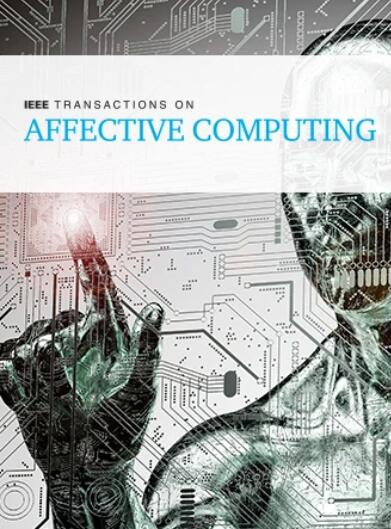在人格计算中实现通用和渐进式偏差缓解
IF 9.8
2区 计算机科学
Q1 COMPUTER SCIENCE, ARTIFICIAL INTELLIGENCE
引用次数: 0
摘要
建立预测人类社会情感状态的系统具有广阔的应用前景;然而,如果根据有偏见的数据进行训练,这些系统可能会无意中产生有偏见的决策。减少偏差仍是一个未决问题,它涉及纠正模型在由特定敏感属性(如性别、年龄和种族)定义的不同群体中的不同表现。在这项工作中,我们设计了一种名为 "多群体奇偶性"(MGP)的新型公平性损失函数,为个性计算中的偏差缓解提供了一种通用方法。与现有文献相比,MGP 具有通用性,因为它具有四个 "多 "属性(4Mul):多任务、多模式、多敏感属性和多值属性。此外,我们还探索了如何在依次考虑更多敏感属性时逐步减轻偏差。针对这一问题,我们介绍了一种新颖的算法,它利用增量学习框架,在不影响过去公平性的情况下,一次减轻对一个属性数据的偏差。在两个大规模多模态个性识别数据集上进行的广泛实验验证了我们的方法在所提出的四种属性和增量去偏设置下实现卓越偏差缓解的有效性。本文章由计算机程序翻译,如有差异,请以英文原文为准。
Towards Generalised and Incremental Bias Mitigation in Personality Computing
Building systems for predicting human socio-emotional states has promising applications; however, if trained on biased data, such systems could inadvertently yield biased decisions. Bias mitigation remains an open problem, which tackles the correction of a model's disparate performance over different groups defined by particular sensitive attributes (e.g., gender, age, and race). In this work, we design a novel fairness loss function named Multi-Group Parity (MGP) to provide a generalised approach for bias mitigation in personality computing. In contrast to existing works in the literature, MGP is generalised as it features four ‘multiple’ properties (4Mul): multiple tasks, multiple modalities, multiple sensitive attributes, and multi-valued attributes. Moreover, we explore how to incrementally mitigate the biases when more sensitive attributes are taken into consideration sequentially. Towards this problem, we introduce a novel algorithm that utilises an incremental learning framework to mitigate bias against one attribute data at a time without compromising past fairness. Extensive experiments on two large-scale multi-modal personality recognition datasets validate the effectiveness of our approach in achieving superior bias mitigation under the proposed four properties and incremental debiasing settings.
求助全文
通过发布文献求助,成功后即可免费获取论文全文。
去求助
来源期刊

IEEE Transactions on Affective Computing
COMPUTER SCIENCE, ARTIFICIAL INTELLIGENCE-COMPUTER SCIENCE, CYBERNETICS
CiteScore
15.00
自引率
6.20%
发文量
174
期刊介绍:
The IEEE Transactions on Affective Computing is an international and interdisciplinary journal. Its primary goal is to share research findings on the development of systems capable of recognizing, interpreting, and simulating human emotions and related affective phenomena. The journal publishes original research on the underlying principles and theories that explain how and why affective factors shape human-technology interactions. It also focuses on how techniques for sensing and simulating affect can enhance our understanding of human emotions and processes. Additionally, the journal explores the design, implementation, and evaluation of systems that prioritize the consideration of affect in their usability. We also welcome surveys of existing work that provide new perspectives on the historical and future directions of this field.
 求助内容:
求助内容: 应助结果提醒方式:
应助结果提醒方式:


